Unlocking the Secrets to a Longer, Healthier Life: The Impact of Food Choices on Aging
While aging is an unavoidable part of life, there are numerous steps you can take to promote a longer and healthier existence. According to Anant Vinjamoori, MD, chief medical officer of Modern Age, research has revealed that the way we age is more within our control than we realize, with genetics playing a smaller role than previously thought. One significant aspect we can control is our dietary habits and the inclusion of specific foods that contribute to longevity.
Dr. Vinjamoori emphasizes the importance of steering clear of processed foods, which often contain unhealthy fats, sugars, and excessive sodium, all of which can contribute to various health issues. Diet plays a vital role in the aging process and is a fundamental factor in leading a healthier and longer life. "A diet rich in a diverse range of plant-based foods such as fruits, vegetables, whole grains, legumes, nuts, and seeds is associated with extended and healthier lifespans. These foods are abundant in phytochemicals and flavonoids, compounds that possess antioxidant, anti-inflammatory, and anticarcinogenic properties," explains Dr. Vinjamoori. Although there is no single magical food that guarantees a longer life, combining various foods can help reduce the risk of diseases and support a vibrant old age.
One valuable approach is to examine the dietary patterns observed in the world's "Blue Zones," regions renowned for hosting individuals who live exceptionally long and healthy lives. Dr. Vinjamoori notes that a common characteristic of these zones is a high consumption of plant-based foods coupled with a low intake of meat and processed products.
Without further ado, here are seven foods that have been associated with promoting longevity:
1) Nuts:
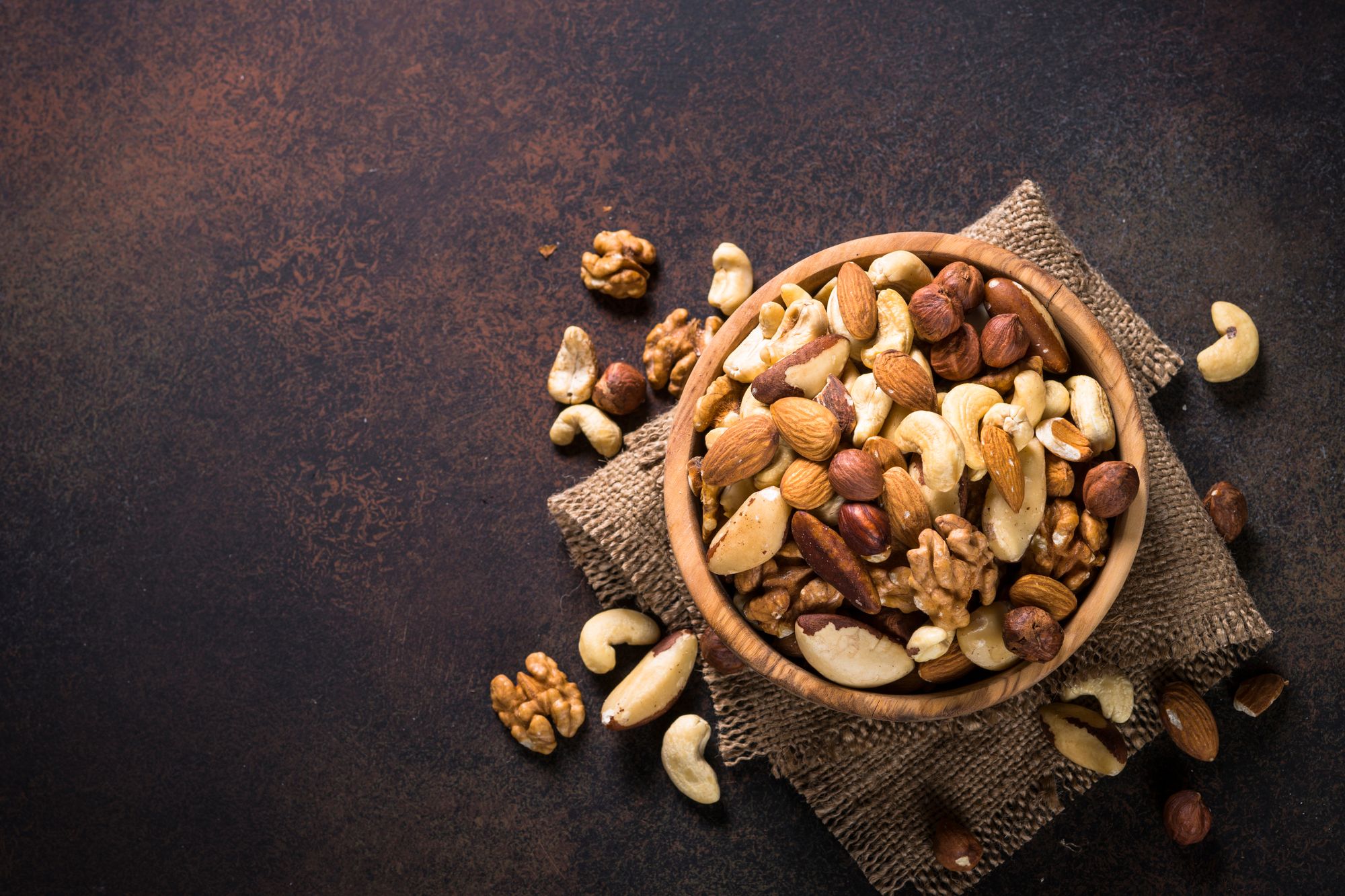
Whether it's almonds, peanuts, hazelnuts, pistachios, or a mixture of these nutritious treats, including a handful of nuts in your diet can have remarkable benefits. The renowned PREDIMED study, a long-term nutritional intervention trial, discovered that individuals who followed a Mediterranean diet supplemented with mixed nuts experienced a significant reduction in the risk of major cardiovascular events. Moreover, the group that consumed nuts had a remarkable 39% lower mortality risk. Nuts are rich in unsaturated fats, fiber, antioxidants, vitamins, and minerals that collectively support heart health, weight control, and possibly contribute to longevity.
2) Turmeric:
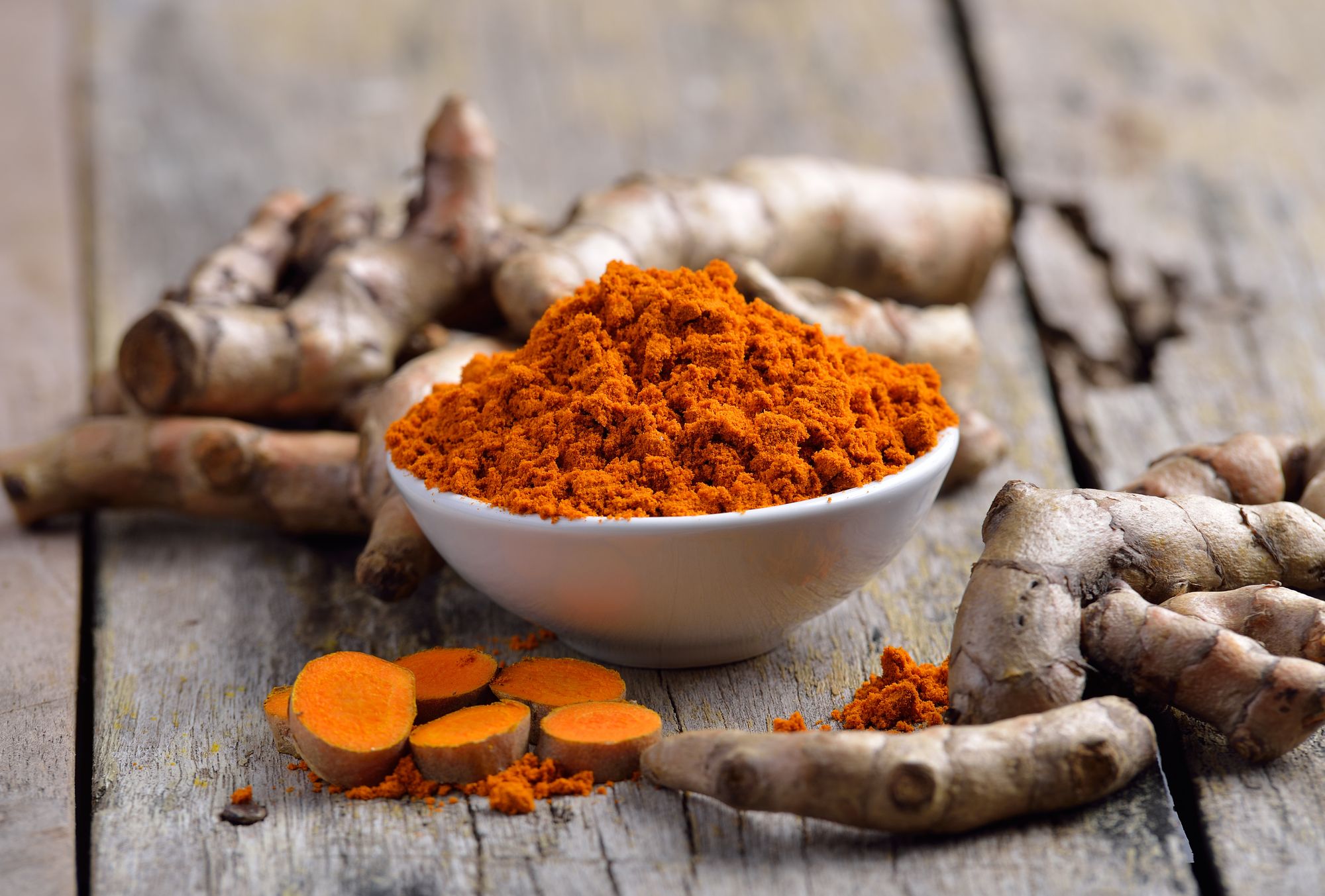
This vibrant spice, commonly found in Indian cuisine, contains curcumin—a bioactive compound known for its potent anti-inflammatory and antioxidant properties. Chronic inflammation is a major contributor to various age-related diseases, and curcumin's anti-inflammatory effects can help mitigate this risk. Studies have linked curcumin to a reduced risk of heart disease, the leading cause of death in the United States. To enhance curcumin's bioavailability, it is recommended to combine turmeric with black pepper.
3) Extra-Virgin Olive Oil:
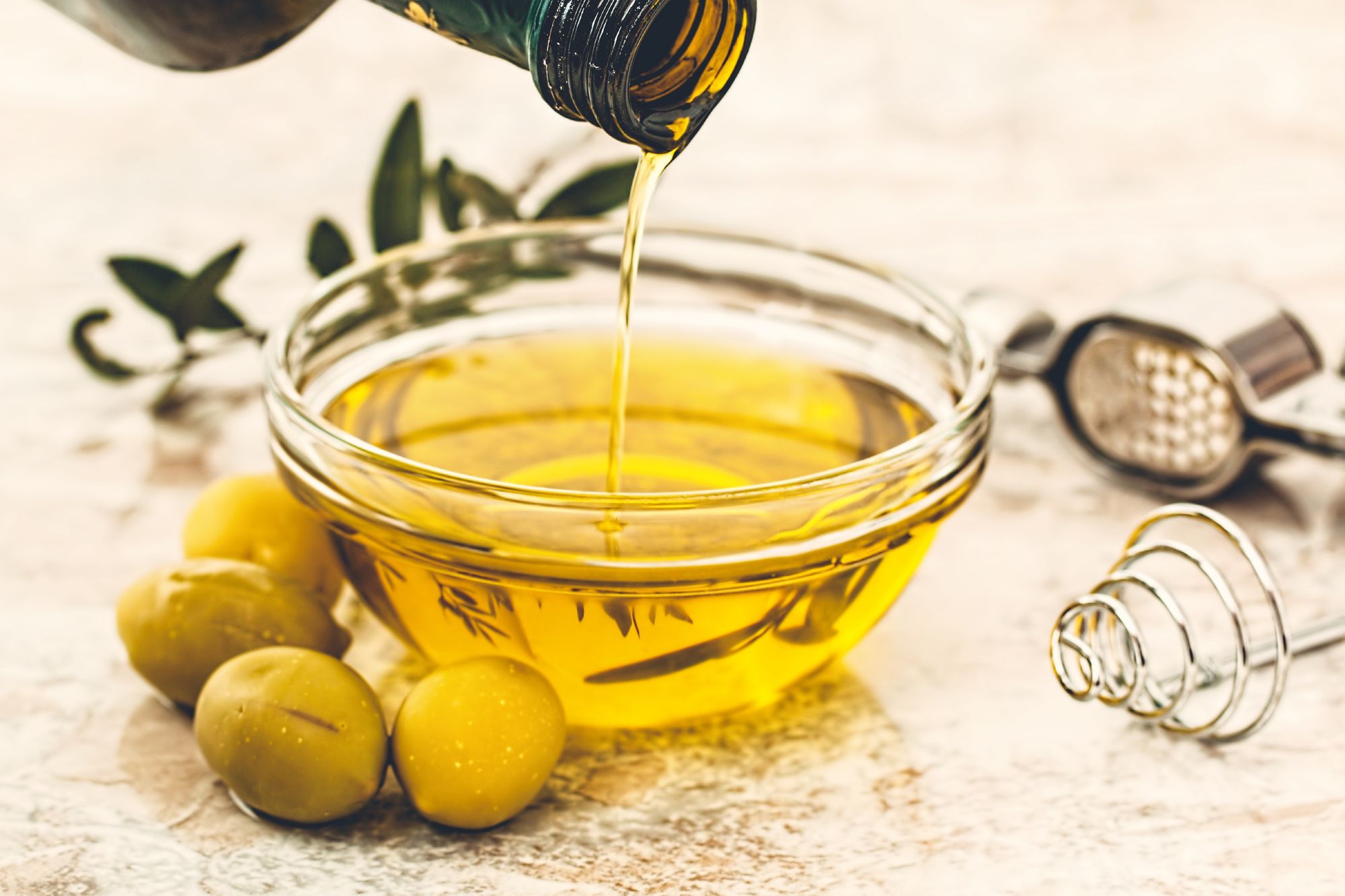
Olive oil, rich in antioxidants and healthy fats, is a staple in the Mediterranean diet. A study published in the Journal of the American College of Cardiology found that individuals who consumed more than half a tablespoon of olive oil daily had a 19% lower risk of dying from any cause compared to those who rarely or never consumed olive oil. Furthermore, olive oil consumption was associated with a 29% lower risk of death from neurodegenerative diseases, a 19% lower risk of heart disease, and a 17% lower risk of dying from cancer.
4) Green Tea:
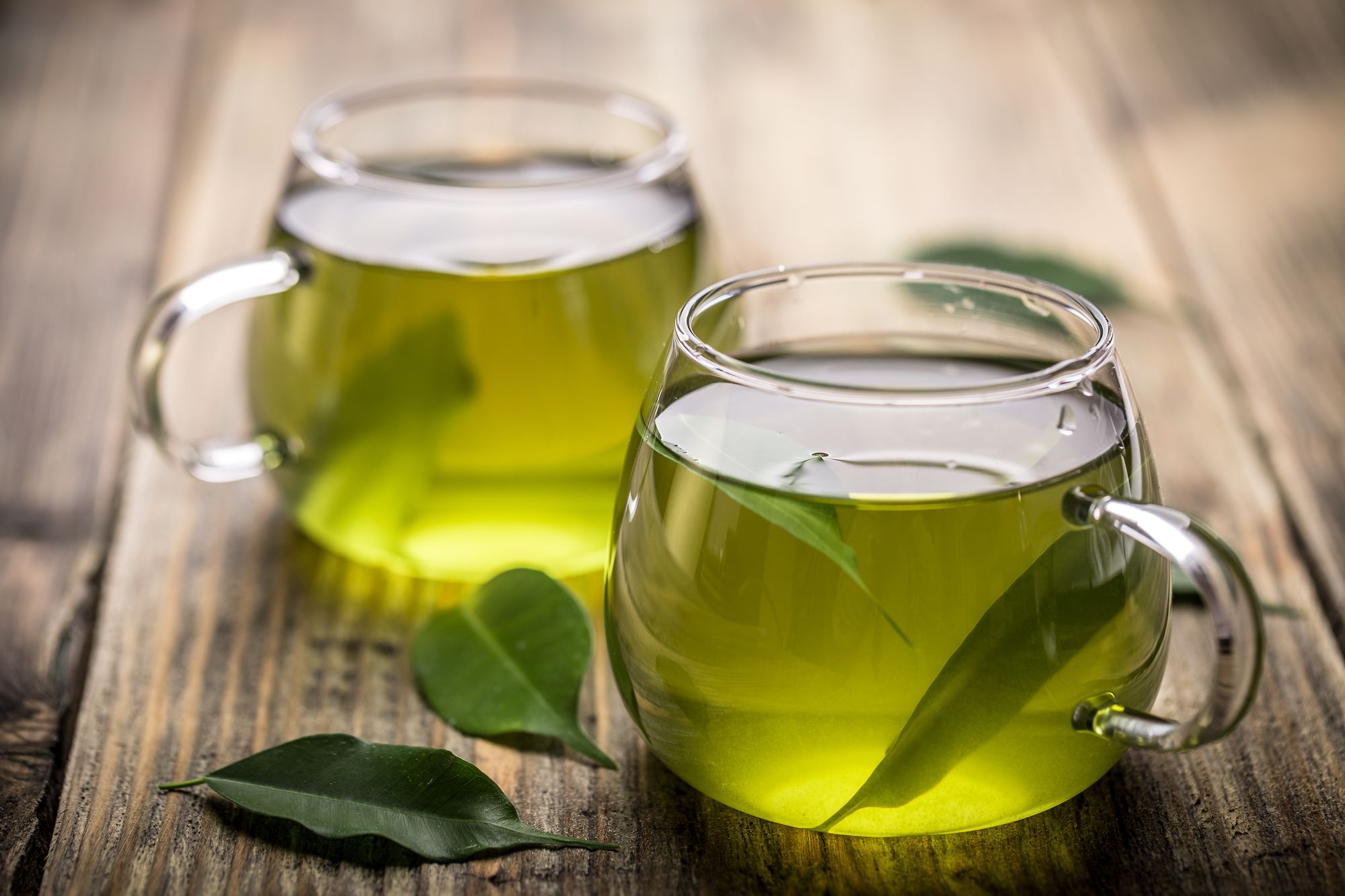
Brew a pot of green tea for a refreshing and health-promoting beverage. Green tea contains quercetin, a plant flavonoid with antioxidant, anti-inflammatory, and potential anticancer properties. Research suggests that quercetin can eliminate senescent cells, which are aging cells that have stopped dividing. By removing these cells, green tea may contribute to delaying the aging process. Quercetin is believed to activate the SIRT1 gene, known for its involvement in longevity and calorie restriction benefits, enhancing DNA repair capabilities, and potentially slowing down aging.
5) Onions:
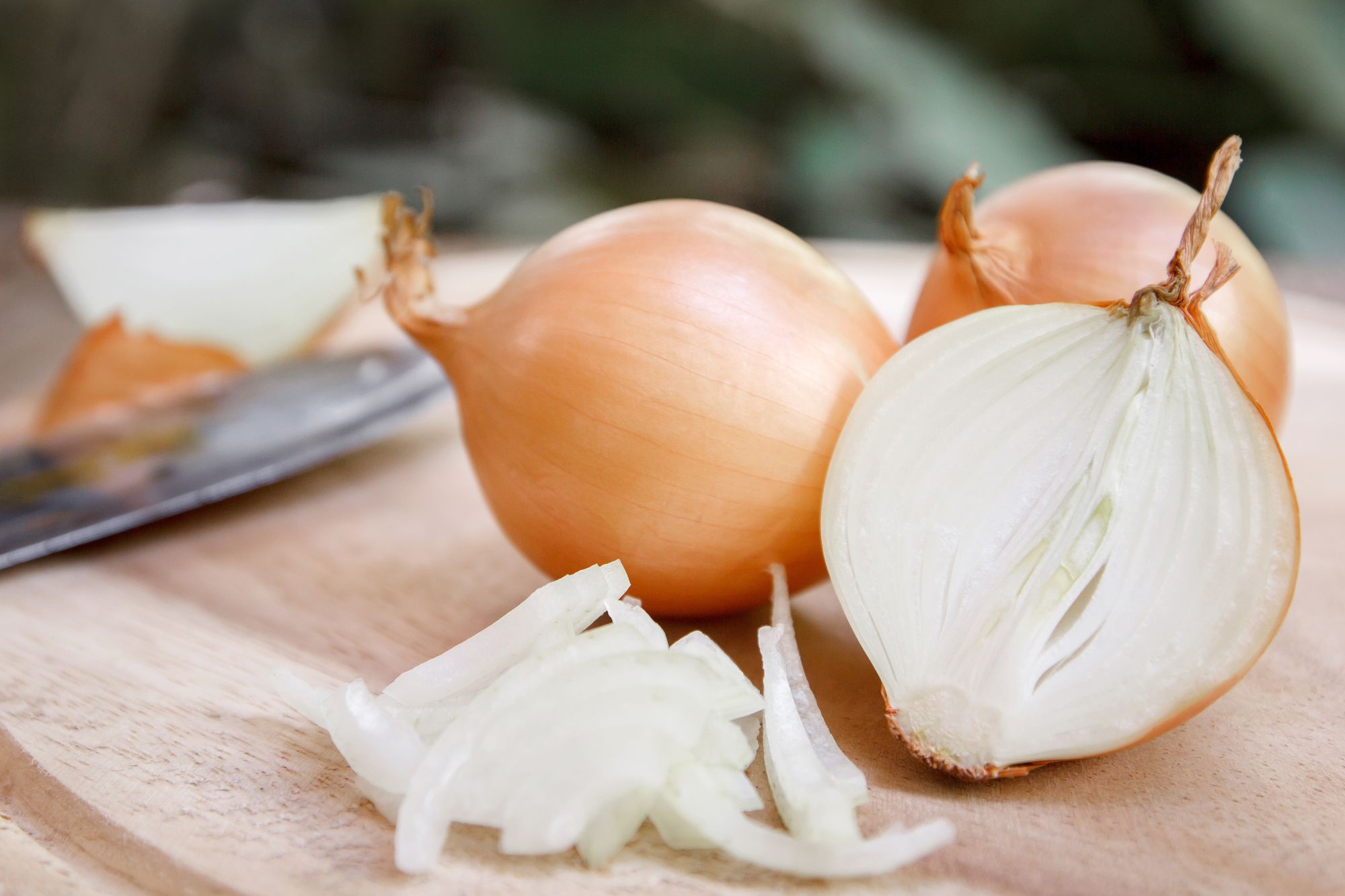
Onions are a rich source of quercetin, the antioxidant that plays a protective role against aging. A study published in Molecules found that quercetin-rich onions helped improve cognitive function. There are numerous ways to incorporate onions into your meals, such as caramelizing them with extra-virgin olive oil and adding them to omelets or including them in salads for added crunch.
6) Whole Grains:
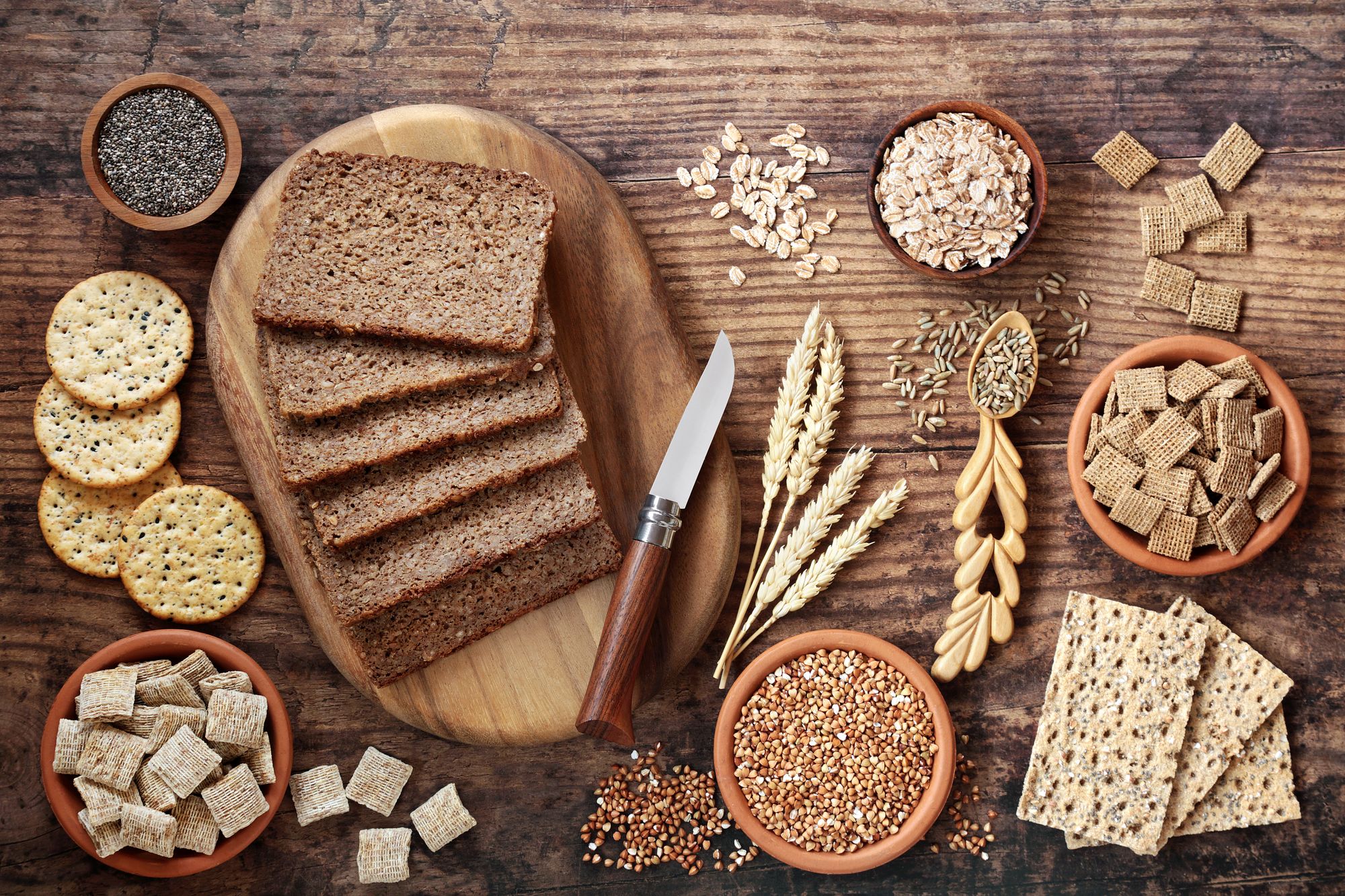
Contrary to popular belief, whole grains are not to be shunned. Research has shown that individuals who consume about 2.4 ounces of whole grains per day (equivalent to approximately 1.5 slices of whole-grain bread) have a lower risk of premature death compared to those who consume fewer or no whole grains. Include nutrient-dense whole grains like wild rice, oatmeal, farro, and low-sugar whole-grain cereal in your diet for their numerous health benefits.
7) Berries:
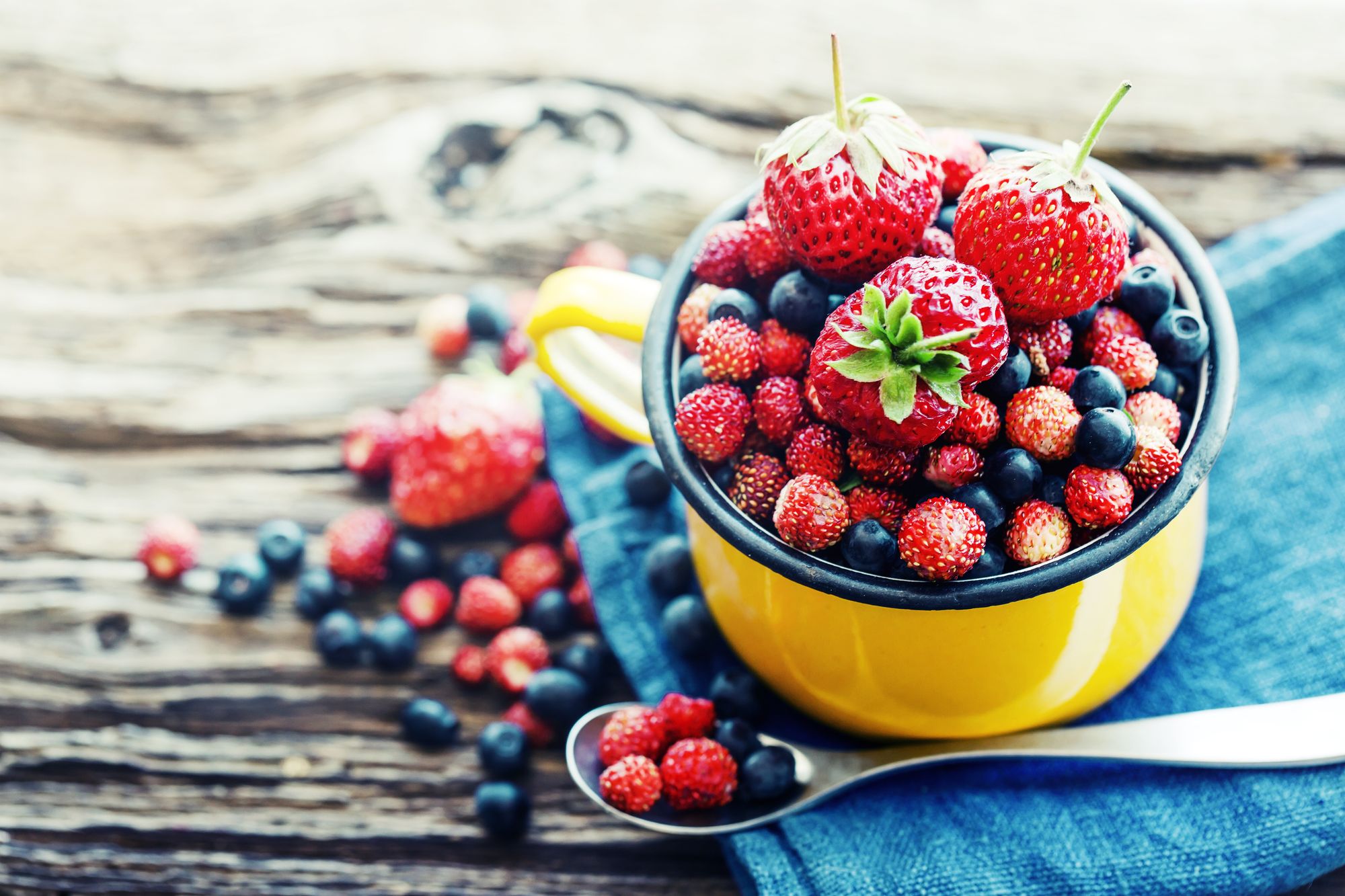
Berries are packed with flavonoids, a specific type of antioxidant associated with a longer life. A study published in the British Journal of Nutrition analyzed data from the Nurses Health Study, which followed over 93,000 women for several decades. The researchers found a close link between consuming flavonoid-rich foods, including blueberries, strawberries, red wine, tea, and peppers, and a lower risk of all-cause mortality.

